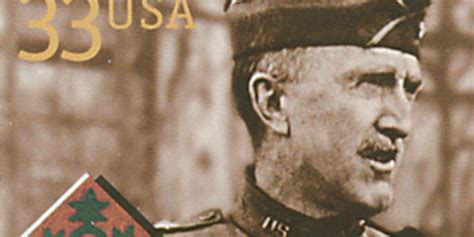A Quote by Edith Hamilton
Poetry and preaching do not go well together; when the preacher mounts the pulpit the poet usually goes away.
Related Quotes
Another trouble with poetry - and I'm gonna stop the list at two - is the presence of presumptuousness in poetry, the sense you get in a poem that the poet takes for granted an interest on the reader's part in the poet's autobiographical life, in the poet's memories, problems, difficulties and even minor perceptions.
Henry Ward Beecher, so the story goes, was once asked by a young preacher how he could keep his congregation wide awake and attentive during his sermons. Beecher replied that he always had a man watch for sleepers, with instructions, as soon as he saw anyone start nodding or dozing, to hasten to the pulpit and wake up the preacher. Aren't you and I usually less sensible? Would we not be inclined to have the watcher wake up not ourselves but the fellows caught sleeping? In other words, aren't we disposed always to blame others?
The process has now run full circle: Preaching originates in personal counseling; preaching is personal counseling on a group basis; personal counseling originates in preaching. Personal counseling imparts to the preacher a practical familiarity with human nature which he would not otherwise obtain.
I wrote poetry for seven or eight years, maybe longer, before I could say I was a poet. If people asked, I'd say I wrote poetry; I wouldn't go further. I was in my mid- to late-thirties before I felt that I was a poet, which I think meant that I had begun to embody my poems in some way. I wasn't just a writer of them. Hard to say what, as a poet, my place in the world is. Some place probably between recognition and neglect.
What is preaching? Logic on fire! Preaching is theology coming through a man who is on fire. A true understanding and experience of the Truth must lead to this. I say again that a man who can speak about these things dispassionately has no right whatsoever to be in a pulpit; and should never be allowed to enter one.
A trouble with poetry is the presence of presumptuousness in poetry, the sense you get in a poem that the poet takes for granted an interest on the reader's part in the poet's autobiographical life, in the poet's memories, problems, difficulties and even minor perceptions. I try to presume that no one is interested in me. And I think experience bears that out. No one's interested in the experiences of a stranger - let's put it that way. And then you have difficulty combined with presumptuousness, which is the most dire trouble with poetry.





































